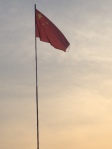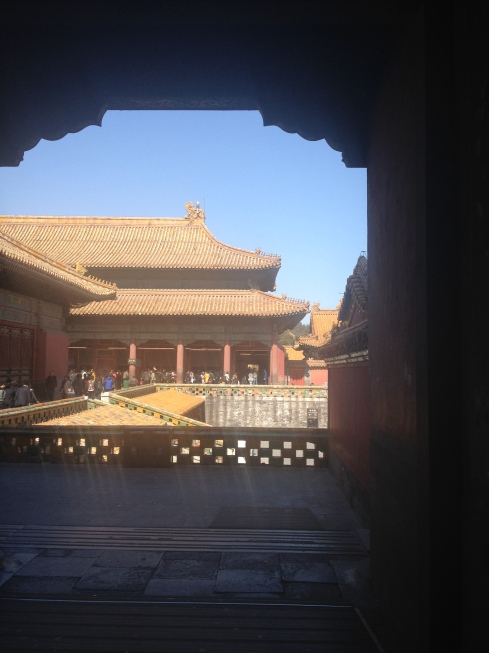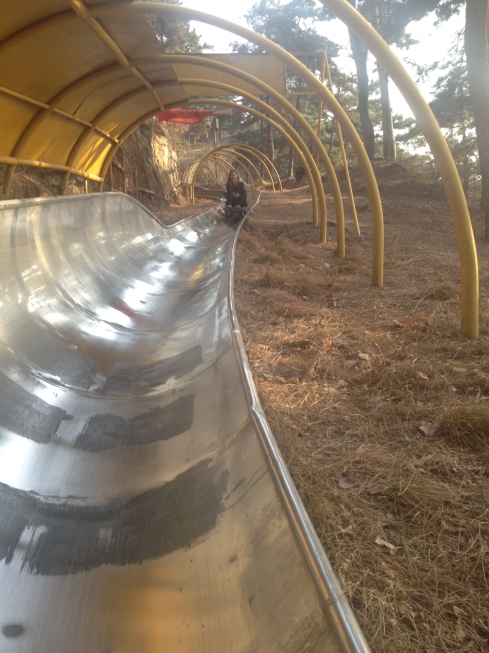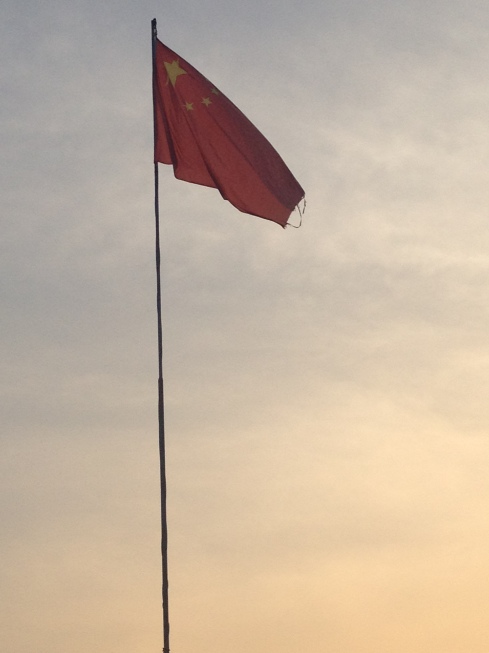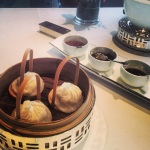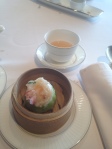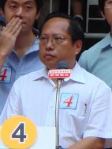 Education: another depressing postscript to the story of Hong Kong’s sad decline as a world class city. I’ve probably ranted about this in the past, but was recently reminded about the Hong Kong government’s woefully inept decision to phase out subsidies for non-local kids by a new feature in the SCMP.
Education: another depressing postscript to the story of Hong Kong’s sad decline as a world class city. I’ve probably ranted about this in the past, but was recently reminded about the Hong Kong government’s woefully inept decision to phase out subsidies for non-local kids by a new feature in the SCMP.
It all revolves around the government’s English Schools Foundation subsidy – a HK$238m (£18m) annual sum which helps make schooling for kids not fluent in the local lingo affordable for their parents. The alternative is to send them (and there are over 15,000 of them) to local schools – where lessons are taught in Cantonese – or obscenely expensive international schools which all but the super rich cannot afford.
The article explains how one foreign HK resident – Amanda Chapman, who ironically is a teacher herself – is preparing to leave the SAR after 16 years because of the difficulty of finding a suitable, or affordable, school for her bairn.
“English-language education in Hong Kong is increasingly becoming a privilege exclusive to those who can afford it,” she told the SCMP.
“If you don’t speak Cantonese, then you have no choice but to go to international schools. And the government refuses to acknowledge there is a problem and so does nothing about it.”
No, no, no
Her story is echoed all over the former colony. This borderline racist stance from the government has also been criticised in the past for doing little to help even those wanting to integrate more fully into Hong Kong life, especially ethnic minorities.
Although the Education Bureau lists 83 fee-paying, so-called “direct subsidy”, schools as appropriate for “non-Chinese-speaking students”, the SCMP found almost 50 do not actually admit these kids because “either most of their lessons were taught in Chinese, or the subject was compulsory in their curriculum”.
Aside from the ethical implications of essentially removing the right to a free – or non-financially crippling – primary and secondary education for non-Canto speakers, the sheer short-termism of the decision to pull the plug on the subsidy is mind bogglingly stupid.
Hong Kong’s foundations as a free port, an international hub administered by the British crown but fundamentally a world city, are rapidly disintegrating.
It has always prized itself as a gateway to China and indeed much of its trade is derived from this fact, but since 1997 the SAR has also asserted a kind of ‘localised nationalism’ which is making it a less and less attractive destination for foreigners to settle.

For any normal city this wouldn’t matter, but for one so fundamentally dependent on trade and investment, and the settling of non-Cantonese speakers within its borders, it seems crazy to pursue this kind of policy.
It’s also a sad indictment of the current administration given the city-state’s history under British rule, which gave locals at least a decent English language education. Surely that’s one legacy of colonialism that most people would have wanted to keep – one which at least benefits the SAR and its avaricious locals?
Nope, it seems like post-97, Hong Kong is turning inwards, both in its trade with China and in focusing its education system on Cantonese and Mandarin.
When Singapore is a promising alternative, you know things are bad
If Hong Kong’s the loser, Singapore is undoubtedly the winner.
Most if not all lessons in Singaporean schools are taught in English, aside from “mother tongue” classes.
In stark contrast to the SAR government, the Ministry of Education believes “mastery of English is vital to Singapore’s pupils” because it is “the language of administration, education, commerce, science, technology, and global communication”.
Now, I might have nicked that quote from Wikipedia, but you get the point.
Education is one of the key criteria and expenses aside from housing when ex-pats come to decide where to base themselves.
It doesn’t take a genius to work out what will happen to HK post-2016. Now I’m not saying they shouldn’t teach Cantonese in local schools, far from it, but for a government with a budget SURPLUS which topped HK$64 billion (£5bn) in 2012-13 a piddling HK$238m would not be a big ask.
Not that the government cares and there are too few gweilo voters for it to matter anyway, even if they could directly elect their CEO.
The locals, meanwhile, are more focused on preserving their own educational independence from China, which recently almost managed to bully officials into imposing a “national education” curriculum designed to brainwash local kids.
Internatio-no thanks
What we can hear loud and clear from the HK government on this subsidy issue is that you can come and settle here, but if you have kids you’d better get your wallet out.
Christ, have you ever met international school kids? I wouldn’t wish them upon any territory or nation state. Soon these rootless offspring with whiny trans-Atlantic drawl and a misguided sense of their own pre-eminence in the world will be all that’s left of non-Cantonese speaking kids in Hong Kong. That day is drawing shudderingly close.
The hypocrisy is stunning. As Chapman told the SCMP: “The government’s argument that it should not have to support a non-local curriculum is nonsense when you consider that senior civil servants’ children are educated either overseas or in international schools here at taxpayers’ expense.”
Even the Education secretary’s kids apparently went to an Aussie international school here.
It’s almost as if the Hong Kong government only wanted rich foreigners to settle here, which I’m sure you’ll agree is an outlandish and libelous thing to say considering the billions it spends on social welfare and, er, care for society’s most needy…
So, to recap: come to Hong Kong and make shitloads of money, walk around in red chinos and drive white Maseratis. However, if you have kids they are going to international school or you can fuck off to Singapore.
Tags: 1997, china, education system, english language teaching hong kong, english schools foundation subsidy, hong kong, hong kong british colony, hong kong education, international schools, international schools hong kong, scmp, singapore, singapore education
 Hong Kong’s noble, determined pro-democracy movement was dealt a potentially fatal body blow this week when easy listening sax legend Kenny G cruelly withdrew his support.
Hong Kong’s noble, determined pro-democracy movement was dealt a potentially fatal body blow this week when easy listening sax legend Kenny G cruelly withdrew his support.





